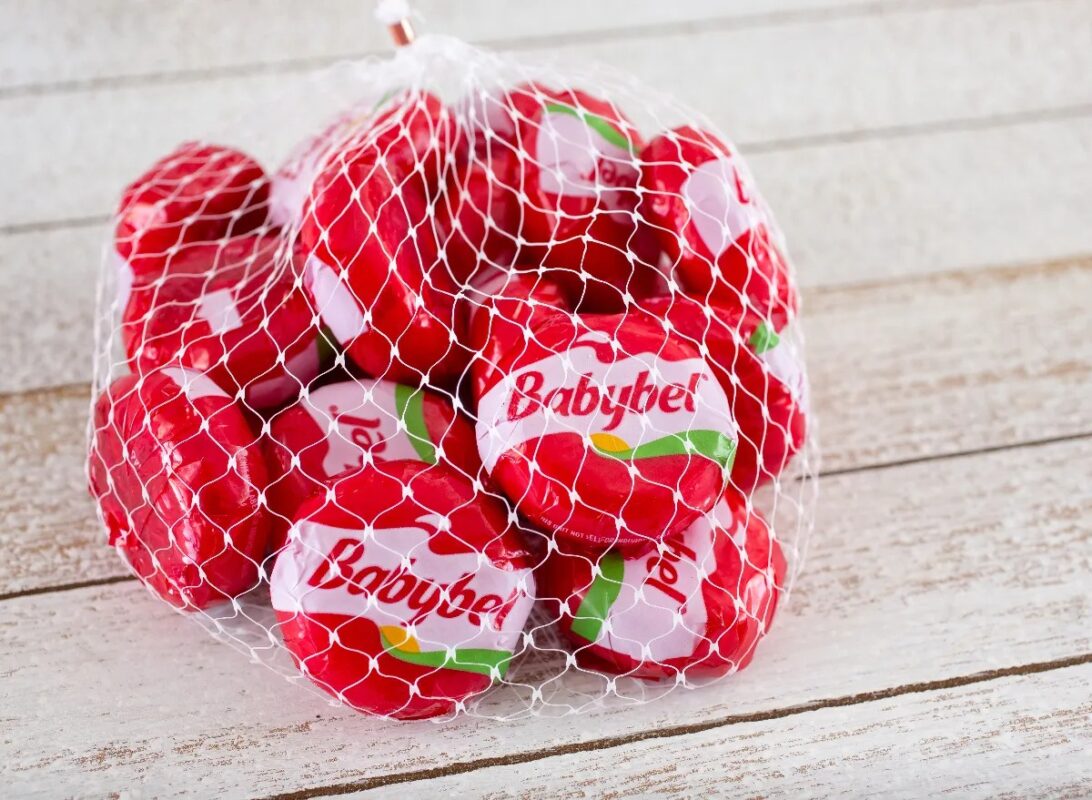No products in the cart.
Blog
Is Babybel Cheese Healthy?
Babybel cheese can be a healthy snack option depending on your dietary needs and preferences. Here’s a breakdown of its health benefits and potential considerations:

1. Nutritional Content
Babybel cheese is a mini version of Edam or cheddar cheese, typically made from cow’s milk. Each round (about 20g) provides:
- Calories: Around 60-70 calories
- Protein: 4-5 grams
- Fat: 4-6 grams (primarily from healthy fats)
- Calcium: 15-20% of the daily recommended intake
- Carbohydrates: 0-1 gram (very low in carbs)
The cheese is relatively low in calories and high in protein, making it a satisfying and convenient snack.
2. Benefits of Babybel Cheese
- High Protein Content: Protein helps with muscle repair, satiety, and maintaining energy levels. Babybel provides a good amount of protein for its size.
- Good Source of Calcium: Babybel is rich in calcium, which is essential for strong bones and teeth, as well as muscle function.
- Low in Carbohydrates: For those on low-carb diets, such as keto or paleo, Babybel cheese can be a great option.
- Portion-Controlled: Each Babybel is individually wrapped, making it easy to control portion sizes, which can help prevent overeating.
3. Potential Drawbacks
- High in Saturated Fats: Like most cheeses, Babybel contains saturated fat, which can contribute to increased cholesterol levels if consumed in excess. However, recent studies suggest that dairy fats may not have as negative an impact as previously thought, particularly when consumed in moderation.
- Sodium Content: Babybel cheese contains salt, and while it’s not extremely high, if you are on a low-sodium diet, you should be mindful of how much you’re consuming.
4. Suitable for Special Diets
- Low-Carb/Keto-Friendly: Babybel cheese fits well into low-carb and keto diets due to its low carbohydrate content.
- Vegetarian-Friendly: Babybel cheeses made in certain regions (check packaging) are often vegetarian, using microbial rennet instead of animal rennet.
- Gluten-Free: Babybel is naturally gluten-free, making it safe for people with gluten sensitivities or celiac disease.
5. Versions and Varieties
Babybel comes in various types, including:
- Original (Edam): The classic version, rich in flavor.
- Light: Lower in fat and calories (about 50 calories), with similar calcium and protein content. Good for those looking to reduce fat intake.
- Cheddar: For those who prefer a sharper flavor.
- Gouda and other varieties, each with unique flavors and textures.
6. Overall Verdict
Babybel cheese can be considered a healthy snack due to its protein and calcium content, convenient portion size, and low carbohydrate levels. However, like any cheese, it should be consumed in moderation, especially if you’re watching your intake of saturated fat or sodium.
Incorporating Babybel cheese as part of a balanced diet can provide essential nutrients, satisfy cravings, and offer a portable, nutritious snack.
